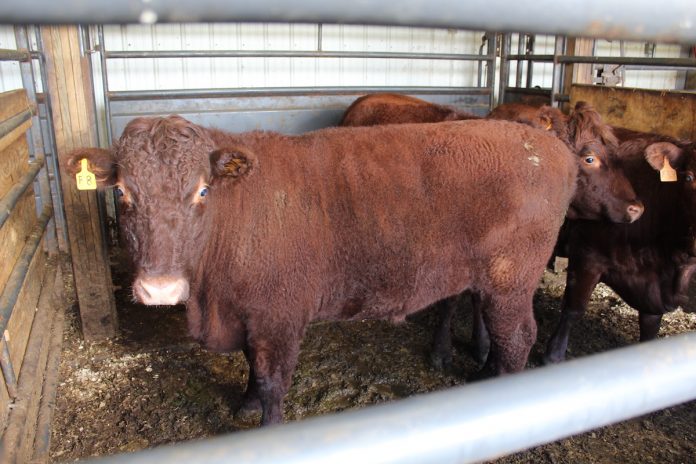Here are the four basic types of inspection a meat or poultry plant can operate under and what that means to you.
Federal or USDA
The U.S. Department of Agriculture’s Food Safety and Inspection Service provides this type of inspection. It’s the big daddy of them all. Federally inspected meat products can be sold for retail and shipped over state lines. These facilities can do slaughter or processing or both.
For plants that have slaughter facilities, a federal inspector must be there to inspect each animal before and after slaughter for the entire slaughter shift. For plants that only process meat, an inspector will be there once per shift.
Pennsylvania does not have its own state meat inspection program, relying instead on the federal program. There are about 350 USDA inspected meat processing facilities in the state. Of those, about 95 have slaughter facilities. These facilities range in size from small mom and pop shops to large national companies like JBS USA or Tyson Foods.
State
State inspection programs must be at least equal to federal inspection in terms of regulatory rigor. So, it’s just as good as a USDA inspected facility. State inspected meats, however, can only be sold within the state, unless that facility is also in the federal Cooperative Interstate Shipment Program, which allows state inspected meats to be shipped across state lines.
Ohio is one of 27 states operating its own meat and poultry inspection programs. There are about 260 state inspected plants in Ohio. These tend to be smaller processors that work directly with farmers and customers. Ohio also has about 190 USDA inspected facilities.
Custom exempt
This type of facility can only slaughter and process livestock for the owners of the livestock. It cannot be resold by the cut.
Many farmers use this as a loophole to sell animals by the whole or half directly to customers. The farmer will technically sell the animal to the customer, who will then deal with the processor on how it should be cut, packaged, etc. These facilities are subject to periodic inspection by the USDA or state authorities.
Retail exempt
This type of facility can sell fresh cuts, like pork chops or steaks, or processed meat, like bacon, sausage or snack sticks, at a retail storefront. The meat, however, must come from a plant that is USDA inspected or state inspected. These facilities are also subject to periodic inspection by the USDA or state authorities.










